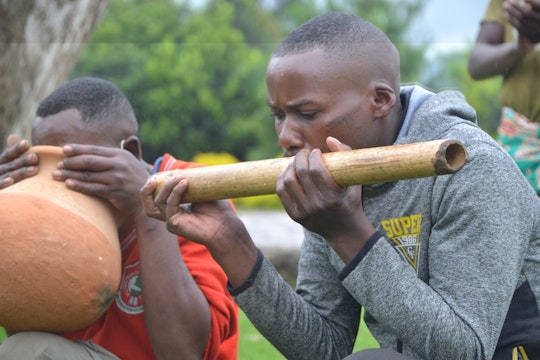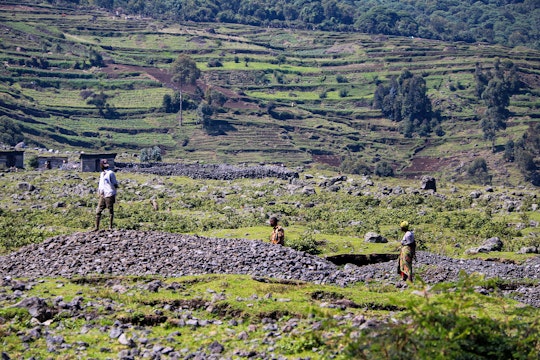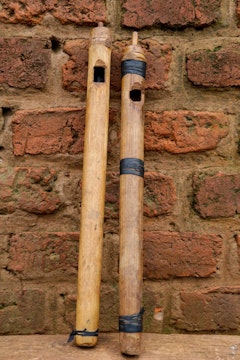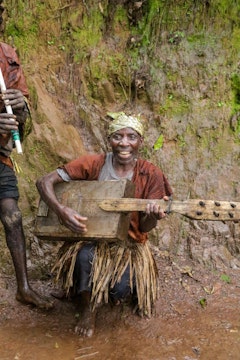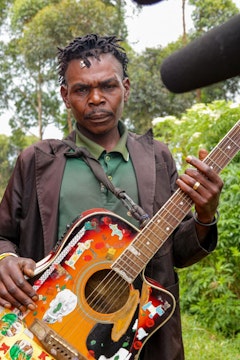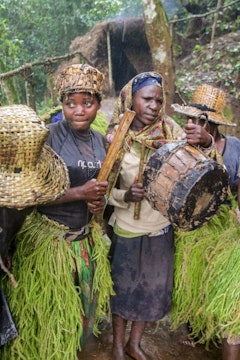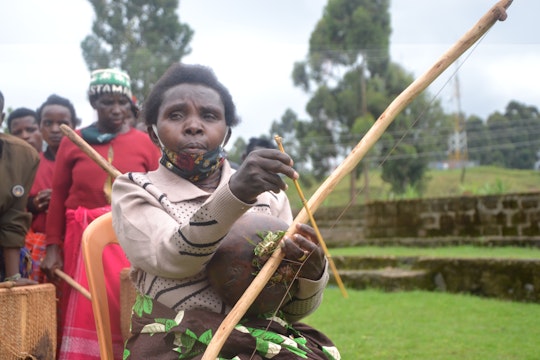Transitioning of the Batwa Music Heritage into the Future
It has been an emotional journey for me as a researcher with the Batwa, and how hard it is for me to think of a time when such beautiful music heritage could be lost
It has been an emotional journey for me as a researcher with the Batwa, and how hard it is for me to think of a time when such beautiful music heritage could be lost
My gratitude remains in having experienced such beautiful sound and the opportunity of being let into their community to interact with them at a personal level.
However I have peace that there is still a generation of young Batwa who value their roots and are carrying it forward as wisdom keepers. With hope that what has rubbed off on them as they experienced it from their parents and elders could save this beautiful music culture.
I would like to quote the comments of researchers such as Tunstill in Catherine Grant's music endangerment research:
"Like linguistic skills, musical may also be absorbed at a young age without formal tuition, through continual exposure". While Dunbar Hall recounts the following by a Composer of Balinese gamelan who says: "I learnt just by listening, because in my village there is a gamelan ensemble and my father is the drummer. Everyday I followed my father to practice gamelan, and I try to learn and just hear technique. How the people play and see and hear and I practice...I just watch and hear...if grandfather is a musician, maybe Anaknya (his child) is a musician". Here is another comment by Green: "Particularly in such instances of oral tradition, where musical skills and knowledge are acquired, by everyday immersion in the everyday music and practices of ones social context, the declining vitality of a genre within a society is likely to hold attendant repercussions for its transition and transmission."
